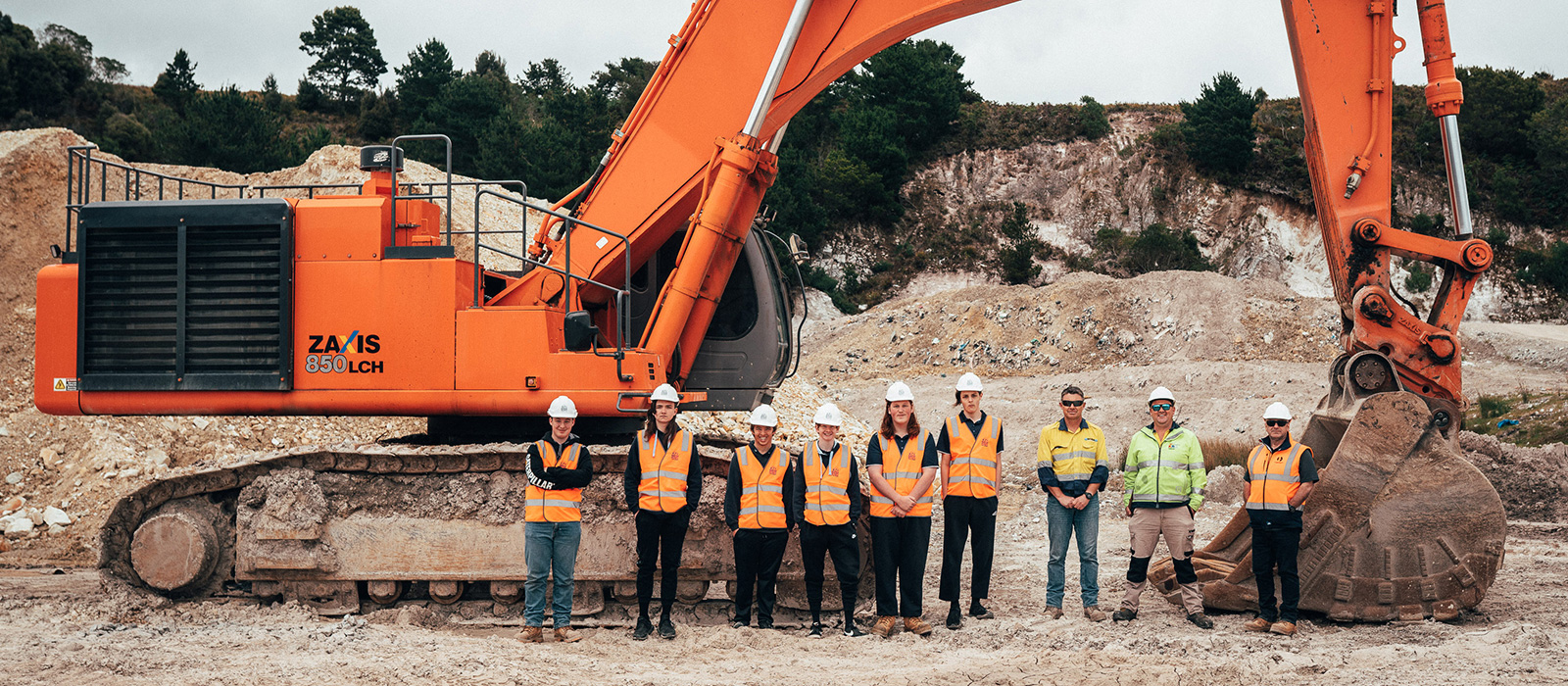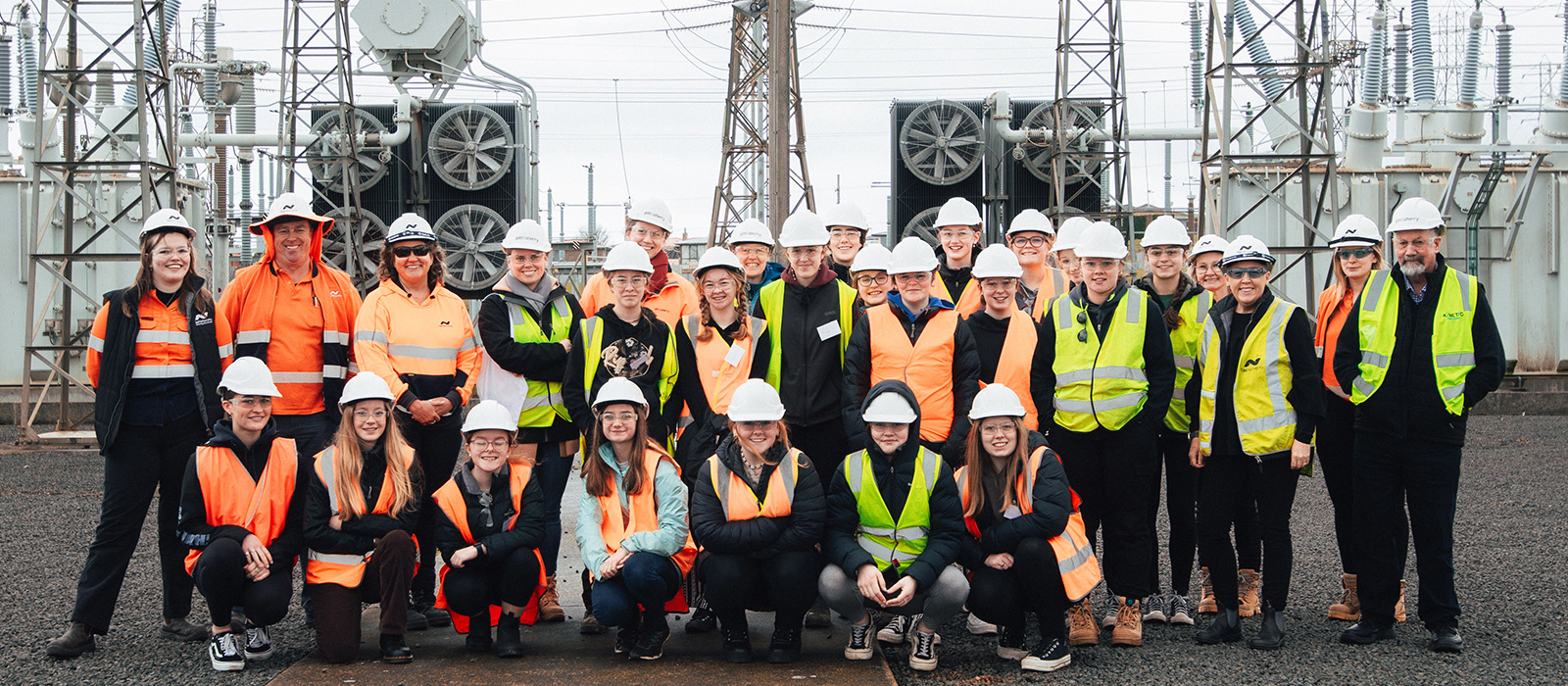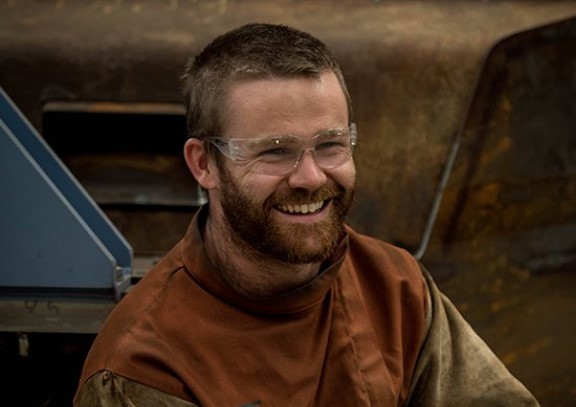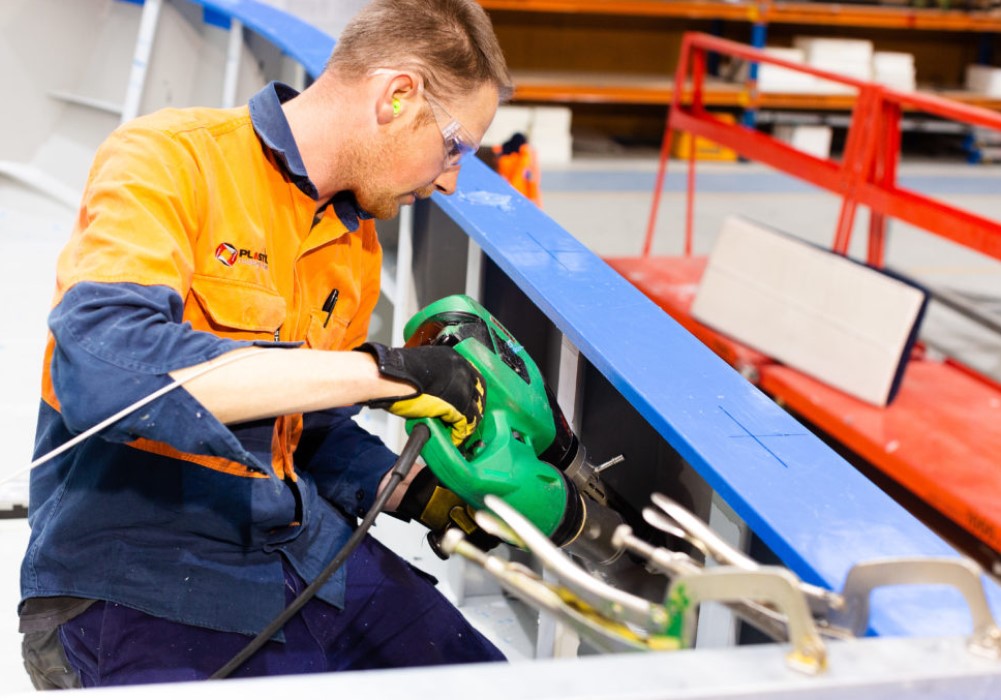
As an industry to launch your career, Minerals and Energy ticks plenty of boxes. The sector is crucial for the state’s economy. It generates billions of dollars in export earnings. It also creates tens of thousands of jobs – and it’s predicted to grow in the coming decades. In this article, we’ll explore the Minerals and Energy sector. We’ll look at its economic significance, job prospects, educational pathways and specialist training. Plus, we’ll look at the role of the Tasmanian Minerals and Energy Council to support the workforce now and into the future.


What is the Minerals and Energy sector?
Tasmania’s Minerals and Energy sector is the envy of the world. From a mining perspective, there’s the extraction and production of natural resources. This includes metals such as nickel, tungsten, copper, gold, lead, iron, silver, tin and zinc. Then there are the traditional energy sources like coal and gas that remain in high demand. At the same time, Tasmania has a proud history in renewable energy. For example, around 80% of the state’s electricity comes from hydroelectric power. (ie, flowing water). Then there are emerging wind and solar projects – it’s all happening in Tasmania.
Thousands of jobs, billions of export dollars
The sector is a significant driver of economic growth in Tasmania. It contributes substantially to the state’s GDP. (GDP by the way stands for Gross Domestic Product. It’s a measure of the total value of goods and services produced in the state). The sector generates billions of export dollars every year. Better still, it also employs tens of thousands of Tasmanians. Make no mistake, there are heaps of jobs out there, which we’ll come to in a moment.
Here are some key aspects of how the sector stimulates the economy:
Job Creation
Thousands of Tasmanians work in the sector, with numbers expected to grow. It offers a range of jobs from entry-level to highly skilled roles. This employment supports individuals and families across the state, boosting local economies and contributing to Tasmania’s overall prosperity.
Export Revenue
Tasmania’s mineral and energy exports generate significant revenue, funding essential public services like hospitals, schools, and social housing. This income also supports infrastructure development, including roads, bridges, etc, ensuring the state’s growth and well-being.
Investment Opportunities
Tasmania’s impressive mineral deposits and renewable energy credentials attract both local and international investors. This interest fosters the development of new projects and technologies, benefiting the state by driving innovation and economic growth.
Community Development
Many mining companies in Tasmania engage in community development projects, supporting local schools, health services, and sports clubs. These initiatives enhance the quality of life in Tasmania, fostering stronger communities and contributing to the state’s overall well-being.


Tasmania is by far Australia’s leading renewable energy state
Tasmania is at the forefront of the renewable energy revolution. Through endurance and innovation, our state has built a renewable energy scheme that’s the envy of the world. But there’s even more to come. With a commitment to sustainability, the state is investing in wind, solar and hydroelectric projects. This shift helps to combat climate change. It also creates all sorts of new job opportunities in the renewable sector.

A snapshot of career opportunities in renewable energy
Pursuing a career in renewable energy is more than a job. It can be a rewarding career path that allows you to contribute to a sustainable future. As Tasmania expands its renewable energy capabilities, new roles are emerging.

A renewable energy engineer in Australia designs, implements, and manages projects using solar, wind, hydro, and geothermal energy. They oversee projects from start to finish, work on power generation systems, ensure proper grid connections, and optimise efficiency. They also develop new technologies like battery storage and electric vehicles. These engineers are crucial for advancing Australia’s transition to a sustainable, carbon-neutral future by improving renewable energy infrastructure and promoting clean energy use.

Solar technicians install, maintain, and repair solar systems on residential and commercial buildings. They ensure systems are correctly placed and connected to the electrical grid, following local and federal regulations. Their work involves reading blueprints, climbing roofs, and handling heavy materials. They also test and troubleshoot systems to ensure they operate efficiently. Solar technicians play a crucial role in promoting renewable energy by making solar power accessible and reliable for various applications.

Wind farm operators in Australia monitor and maintain wind turbines to ensure optimal performance and safety. They perform regular inspections, troubleshoot issues, and carry out repairs. Operators also manage data from the turbines to track energy production and efficiency. They ensure compliance with environmental and safety regulations, and may also be involved in the planning and development of new wind farm projects.
A snapshot of career opportunities in minerals
The minerals sector offers a wide range of job opportunities. Many jobs are outdoors in some of the most spectacular regions of the state. We’ve only scratched the surface of the jobs you’ll find in this sector. But just remember, you’ll need to gain skills and qualifications.

Specialist
Engineering Roles
Engineers are always in big demand. They’re vital in designing and implementing mining operations and energy projects.
Discover the roles
Environmental Engineers: Ensure that projects comply with environmental regulations and promote sustainability.
Mining Engineers: Focus on the extraction processes and ensure safety and efficiency.
Civil Engineers: Work on infrastructure projects related to mining and energy facilities.

Technical and
Trade Positions
These roles are essential for the day-to-day operations of mining and energy facilities. What’s more, the skills are transferable.
Discover the roles
Shot Firer: Assemble, position and detonate explosives.
Machinery Operators: Operate heavy machinery used in mining and energy production.
Electricians and Mechanics: Maintain and repair equipment, ensuring operational efficiency.

Environmental and
Safety Specialists
There is an increasing emphasis on sustainability. That’s why roles in environmental management and safety are so important.
Discover the roles
Safety Officers: Ensure compliance with safety regulations and promote a culture of safety within the workplace.
Environmental Scientists: Assess the impact of mining activities and develop strategies to mitigate environmental damage.

Administrative and
Support Roles
These positions are usually office based roles. But they’re crucial for the smooth operation of the minerals industry.
Discover the roles
Project Managers: Oversee projects from inception to completion. Ensuring projects stay on budget and on track to meet timelines.
Human Resources Professionals: Manage recruitment, training, and employee relations.
Education and Training Pathways
Vocational Education and Training (VET)
VET programs in Tasmania offer practical training. This training prepares students for immediate employment in the Minerals and Energy sector.
TasTAFE, one of the primary VET providers in the state, offers courses such as the Certificate II in Resources and Infrastructure Work Preparation, which is ideal for those looking to enter the mining industry.
Apprenticeships and Traineeships
In Tasmania, apprenticeships and traineeships are vital for building a skilled construction workforce. Apprenticeships last three to four years and cover trades like carpentry, plumbing, and electrical work. Traineeships are shorter, typically one to two years, and focus on roles that may not require a full apprenticeship, such as project management.
Australian School-based Apprenticeship
An Australian School based Apprenticeship (ASbA) is an apprenticeship or traineeship that you do while still at school. So, if you’re in Year 10, 11 or 12 you could combine school, employment and training in an industry of your choice.
University Degrees
For certain jobs in the minerals and energy sector, you’ll need to go to University. The good news is the University of Tasmania offers several relevant degree programs. These are available full-time or part-time.
The Bachelor of Engineering (Specialisation) with Honours offers specialisations like Electrical Power and Civil Engineering. Electrical Power focuses on power systems and renewable energy. Civil Engineering covers sustainable infrastructure and environmental engineering. These programs prepare students to address challenges in energy and infrastructure, leading to impactful careers.
Another option is the Bachelor of Science which provides a variety of majors to focus on. For further specialisation, the university offers postgraduate degrees. This includes the Master of Professional Engineering (Specialisation) the Master of Economic Geology and the Master of Environmental Studies for those who prefer a research focussed degree.
Specialist Training
Specialist training is essential for many roles in the minerals and energy industry. Lots of training programs include hands-on experience. This allows you to gain valuable skills that employers seek. This can include
So many jobs, so many opportunities (and it’s only going to grow)
The Minerals and Energy industry offers exciting opportunities for school leavers. And guess what? It’s only going to grow. The TMEC has forecast that the sector will need an additional 20,000 workers by 2040. So let’s recap the strengths of the sector; strong economic impact. Diverse job roles. A focus on sustainability. It ticks so many boxes, which is why it’s an excellent choice for anyone looking to build a rewarding career.
Do some digging today for success in this dynamic field tomorrow.

Explore our Minerals and Energy Career Stories, Events and News
Ethan Bligh
Job: Specialist Welder
Industry/Sector: Advanced Manufacturing
I’m proud of what we make in Tasmania. I’m so very…




